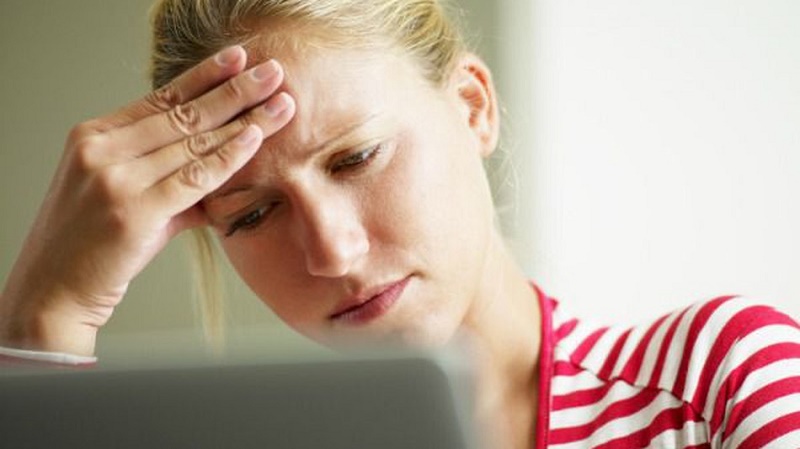Over two-thirds of the people all over the world has access to the internet and spends more than two hours every day on social media. Now, an undisputed means of communication, both for personal use and for business. According to Forbes, however, social media can undermine your self-esteem and hurt how you relate to others in real life.
Self-esteem and social media
According to a study by the University School of Medicine in Pittsburgh, which involved 1,787 American Millennials. Those who access social media more frequently are 2.7 times more likely to experience depression. But why? For five reasons.
1. Low self-esteem: Facebook leads you to dissatisfaction
The first way in which social media ruin your self-esteem is by provoking feelings of loneliness, misery, and envy. On the platform, there is always someone who puts a good experience (travel, concerts, eternal loves, luxury purchases …) getting you to believe that everyone else has a better life than yours or, worse, the life you would like to have. This causes negative feelings in you that make you forget that it’s not all that glitters and that a post is not the mirror of real life.
2. The obsessive search for confirmation
Everyone loves feeling appreciated. It’s natural. The speech changes when it becomes an obsessive need. And on social media, it can happen. Some people enter the “like tunnel” and, once they have posted a selfie or a content, they compulsively check how many mops they are receiving. And if this does not happen, they start to wonder if there’s something wrong with them. As if every like contributed to fuel personal self-esteem directly. If it happens to you too, maybe it’s a good idea to work a little bit more on your safety.
3. Social media: a stage for embarrassment
We have talked about it several times, both about the Sextortion, and telling you about the concrete episodes (like the mother who killed herself after being put on the pillory on Facebook). A former lover who decides to publish your private photo for revenge or an envious colleague who spreads false news to discredit you, just examples. Social media are unfortunately also used to embarrass others publicly. A post can become viral at any time and make you become a public victim in no time. This certainly does not do good for self-esteem.
4. Ads make you feel inferior
Advertisements can also help undermine your self-esteem. According to a study, when you see the advertising of beauty cream, in your head the fear of not being attractive is triggered. And this is extremely damaging because its value is constantly being questioned.
5. Selfies that obsess you
Nobody likes selfies. We told each other. But in addition to being a post that many would not see more on social media, a selfie can also lower the self-esteem of those who make it. Everyone has something of their own that they do not like (too curly hair, a big nose, too small ears …). Selfies help to amplify this supposed “defect” in your mind. You demand an unreal perfection, not human from yourself, and you feel inferior to all the others and their cover photos.
Poor self-esteem can cause relationship problems in a personal and business life. If you notice that social networks help to make you lose security, take a step back to reflection and using social media.




